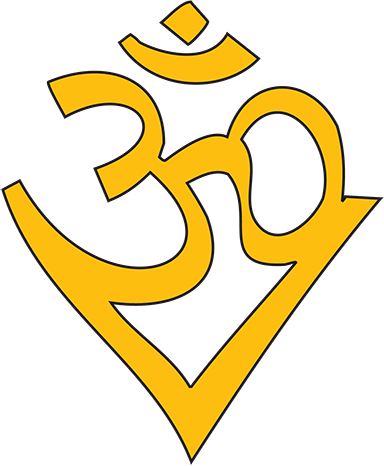First of all my sincere thanks to Councilor Humayun Kabir for inviting me to be part of the 50th anniversary celebrations of the independence of Bangladesh. Joy Bangla. Freedom is the greatest desire of oppressed people everywhere. In the case of Bengal the freedom from British rule turned quickly into a nightmare. It did not take long to realise that under Pakistan the people of Bengal would become second class citizens. As far back as 1952 Pakistan declared the Bengali language as not an official language of the country. Beyond religion the people of Bangladesh have a culture and history that they share with their fellow Hindu Bengalis. The wearing of Sari by ladies is one of the part of the common Bengali culture.
The Bengali language is one of the sweetest of languages and the Bengali people are famous for expressing this beautiful language in music and poetry. Nobel prize winner Rabindra Nath Tagore’s poem, ‘ Ekla Chalo Re’ is one example of the sublime Bengali language. Bongobondhu Mujbhir Rahman personified the poem which exhorts to walk alone until the goal is reached. The fight for independence came at a great cost. Tens of thousands of Bengalis died and suffered unthinkable atrocities. The 20% Hindu population was also specially targeted and many were forcibly converted. Around 10 million Bengalis took refuge in India. In India we had a lady prime minister who could not bear to see the suffering of the people of Bengal and she took what may be one of the boldest decisions in recent history. She decided to come to the aid of the Bengali people. But this was far from easy. Pitted against India and backing Pakistan was the world’s most powerful nation the United States of America. The US did not like India which had the temerity to criticise the US carpet bombing of Vietnam and also forming a block of non-aligned nations which refused to take sides during the intense cold war going on between the US and Soviet Union. On Dr. Kissinger’s proposal president Nixon opted to help Pakistan to quell the unrest in Bengal. Prime Minister Indira Gandhi turned to Russia and signed a defence treaty At the height of the war of liberation in December 1971 the US sent the Seventh Nuclear armed fleet to the Bay of Bengal. Known as Task Force 74 it comprised of a nuclear powered aircraft carrier called Enterprise, the Amphibious Assault carrier called Tripoli, destroyers Decatur, McKean, and Oriek as well as Guided Missile Escors called Waddell, King and Parsons. Lastly they also had a nuclear powered attack submarine Gurnards and supply ship Wichita. Britain too had naval ships in the Arabian sea as a back up, for the US fleet. The Soviet Union in response sent dispached the 10th operative battle group of its Pacific fleet. The Indian army, navy and air force were not fazed by the US show of power. One can imagine the gumption of Prime Minister Indira Gandhi and India’s defense forces. As the Pakistani army surrendered the US fleet went back having aborted their plans. Indira Gandhi and the army generals led by chief of defence staff general Manekshaw called America’s bluff and stood their ground. General Manekshaw by the way was a Parsi whose forefathers had been given refuge by a Hindu king. They were fleeing from religious persecution in Iran. India risked its own existence in defense of the people of Bengal.
Many Bengalis from Hindu and Muslim background have made great contributions to the spirit of Bengali heritage. One of the greatest Bengalis was Sheikh Mujbhir Rehman, the father of Bangladesh. Amongst others was Kazi Nazrul Islam known for his fiery wrirings against the British rule. He also wrote Islamic and Hindu poems and songs. Subash Chandra Bose organised a whole army to fight the British to get freedom for India, Jagdish Chandra Bose was a great scientist, Begum Rokeya was a great social reformer, Muhammad Shahidullah was an educationist, Lalon Shah was a philosopher and cultural icon and a celebrated Baul saint in History. Swami Vivekananda was another famous Bengali who first introduced Hindu philosophy to the West.
Going forward the only guarantee for peace, progress and harmony is to acknowledge and respect differences. The small Hindu minority in Bangladesh must be able to live without fear and practice their faith freely. At the time of independence from the British there were almost 35% Hindus in Bangladesh there are now only 8%. A big existential challenge facing Bangladesh is the climate change and the fear that many areas could be submerged in water. Bengalis in the UK can help by sponsoring a massive tree planting programme and introduce solar power installation in a big way and cut out activities which increase climate change.
Nitin Mehta. 5 April 2021

Recent Comments